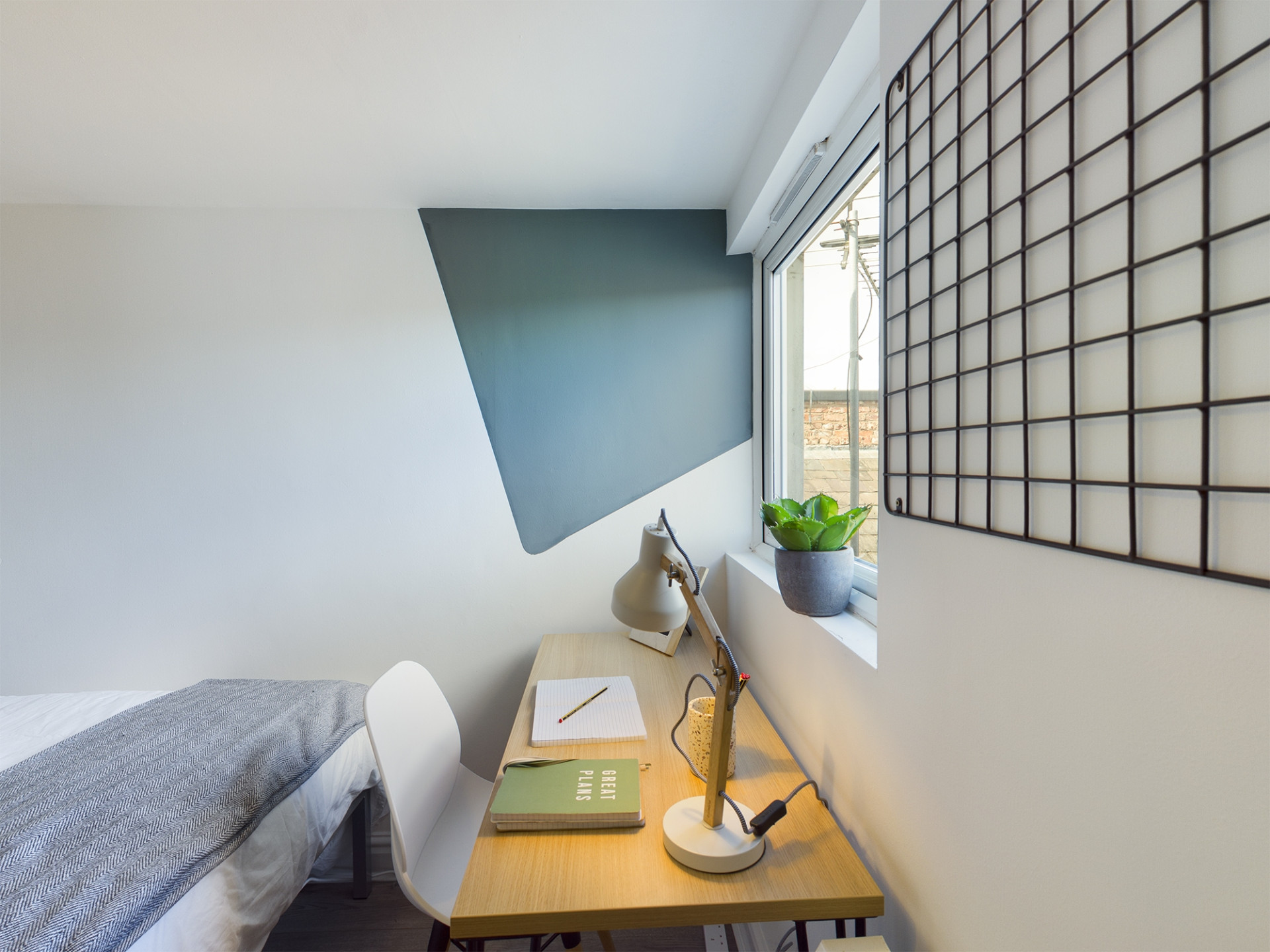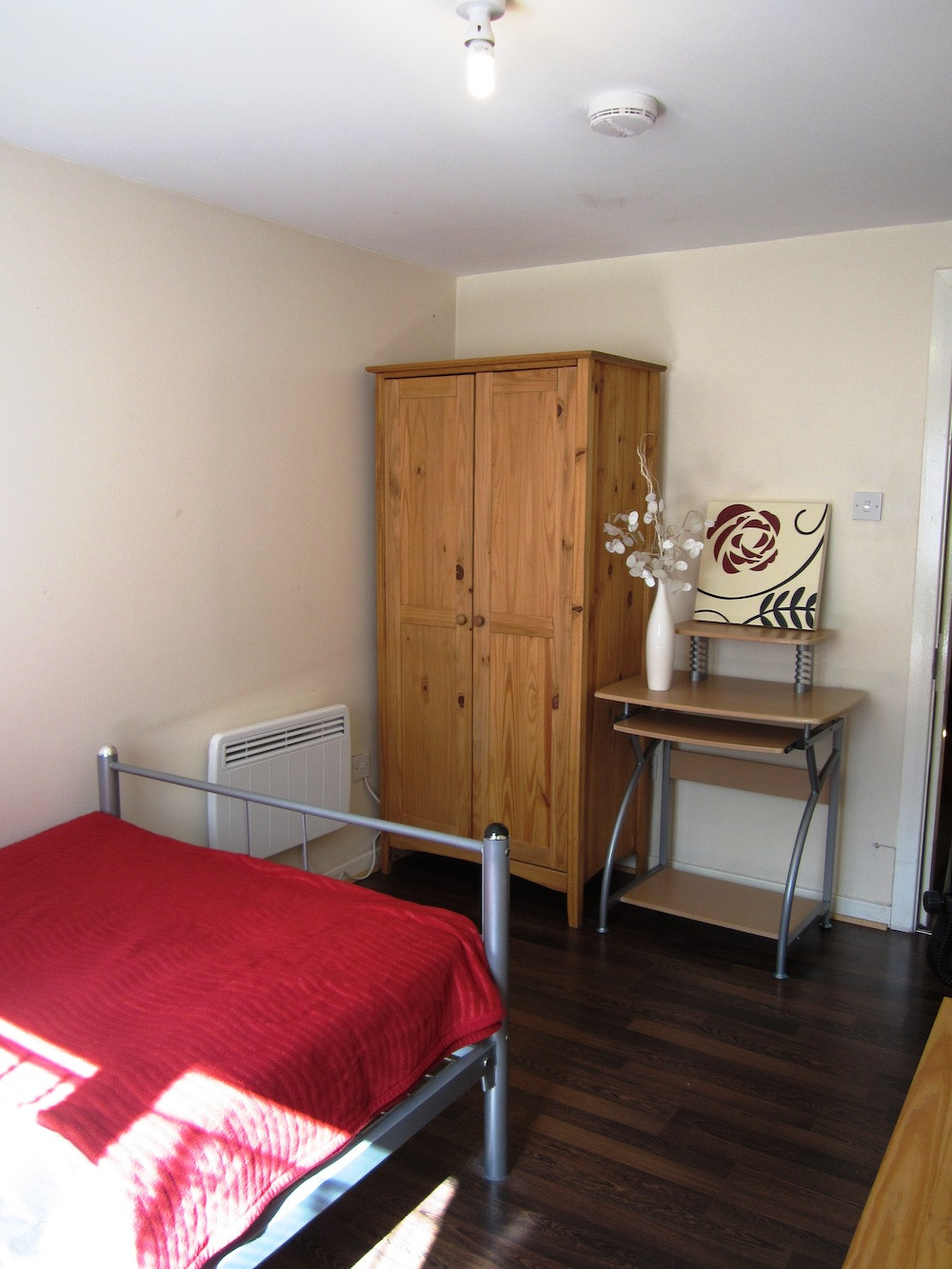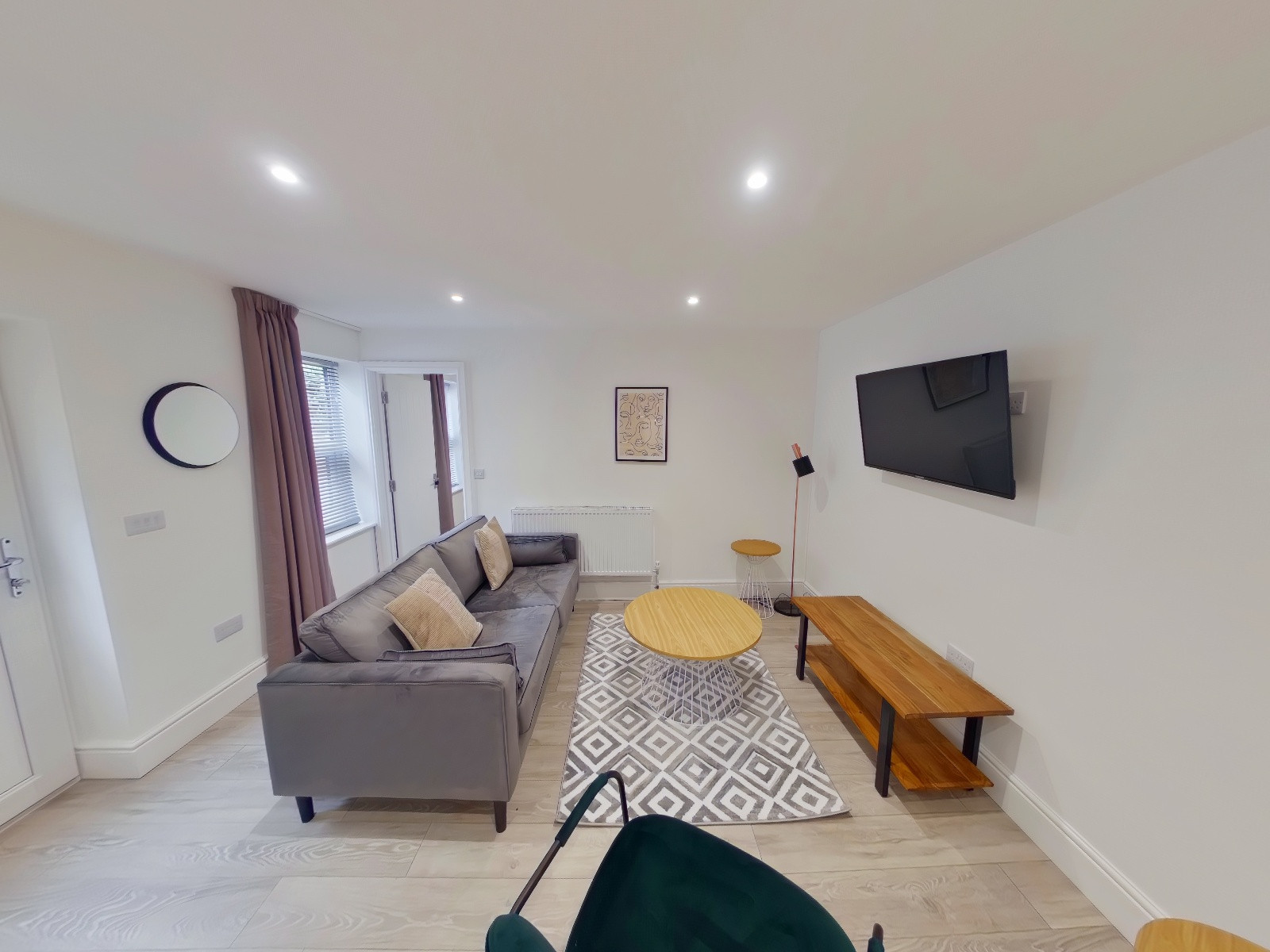10 Things Students Should Know Before Starting University

University Tips for Freshers
By Lavinia Jury
University can be an overwhelming experience to say the least. To ensure a smooth entrance, I have built a list of the tips and tricks that I wish I knew when I started university. I hope that by sharing them, you can master the student life a little faster than I did.
Tip 1: Don’t blow your student loan in Freshers’ Week
I’m almost 100% certain that this advice will resonate as strongly with you as it did with me, but to make sure I’ve said my bit…
Starting university is expensive. Pretty much everything you do in your first weeks will upset your bank account. Buying room decorations, course books, drinks, food, event tickets – it all adds up. Put some money aside for Freshers’ Week alone and, if you do manage to save, don’t spend it all in the first week!
Tip: Apps like Monzo are great for learning how to budget!

Tip 2: Separate your rent money from other student expenses
It is extremely stressful trying to find the money to pay your rent when you know that you spent the vast majority of your student loan on drinks at the pub. Set aside the money for your landlord as soon as your loan comes in to avoid eating rice and beans waiting for the next loan to drop.
Tip: Use HYBR’s services for help in the rental process or to find your university home.
Tip 3: Seize the opportunities that university offers students
If you have the opportunity to go on a semester or year abroad, grab it with both hands! Spending an extended period of time in another country as a student is a once in a lifetime opportunity. It may be quite daunting but living somewhere else at such a young age heightens your world view.
Tip: Where possible, I recommend working whilst living away rather than studying. Adding work experience to your CV will help you in the future.

Tip 4: The nicest student halls are not always the best ones
Trust me on this one – just because they’re more luxurious does not mean that you will have a better time. I guarantee that the student halls without an ensuite will be as fun (if not more fun) than the halls with one.
Tip: Use this handy guide to make your university bedroom feel more like home.
Tip 5: USE YOUR TUTORS
I only realised how useful my tutors were in my final year of university when I’d become friends with most of them. I wish I had realised sooner that the hierarchical student-teacher relationship of school does not carry over.
University professors are there to help and are the best resource available to you. Their guidance might be the difference between getting a 2:1 and a 1:1, so don’t be afraid to stop by their office after a lecture.
Tip 6: Be prepared to work hard in second year
University is not a walk in the park. Good grades require productivity and effort – they don’t just fall in your lap. Although the relaxed first year experience allows for a great social life, it all comes to an end rather quickly and the reality of second year hits.
Take advantage of the low pass rate but be sure to learn from your first year mistakes and recognise the importance of putting in the hours when it counts. Doing the readings and going to seminars will make a huge difference when exam revision starts!
Tip 7: Use the mark schemes
This discovery changed my life in my final year of university.
Mark schemes give the most specific guidelines on grade boundaries when it comes to coursework and exams. If you ensure that you have done everything listed in the top tier of the mark scheme, you are guaranteed to do well.
Tip 8: Join societies in first year
I waited until second year to join university societies and clubs because I was so content with the friends I had made in halls. When I joined a year later, I felt I had missed out on a whole year of fun with the new friends I had made. My point here being that you might as well get involved early on as you never know who you might meet!
Tip: If you don’t get along with the people in your halls or on your course, joining societies will expose you to more like-minded people.

Tip 9: Be open-minded towards other students
This is general advice for life, I know, but for a lot of people, university is the first time that they have lived with people from all different walks of life. First year is a big time of change so keeping an open mind is crucial to building good friendships. It is also an opportunity to recreate yourself, so why not be the best you can be?
Tip 10: Know that you’re not alone
If your university experience is proving a little tougher than you thought, be patient and know that it will get better! Students often start university expecting it to be the best time of their lives and that pressure can cause a lot of stress and anxiety.
Despite what it may look like on social media, most people find the initial adjustment period challenging. If you’re feeling low, a visit to a school friend at another university or a trip home for the weekend might be just what you need to feel ready to try again.

Tip: Universities offer various services for students struggling with mental health. Other organisations like Samaritans are useful too!
Graduates will tell you how much they miss their days as a university student, so make your time count!
Find Your Dream Student Home
If you are stressed out by the upcoming rental season that is fast approaching then don't worry, the HYBR team are here to help. Get in touch if you have any questions or concerns. We can guide you through the process and ensure you don't go through it alone.









